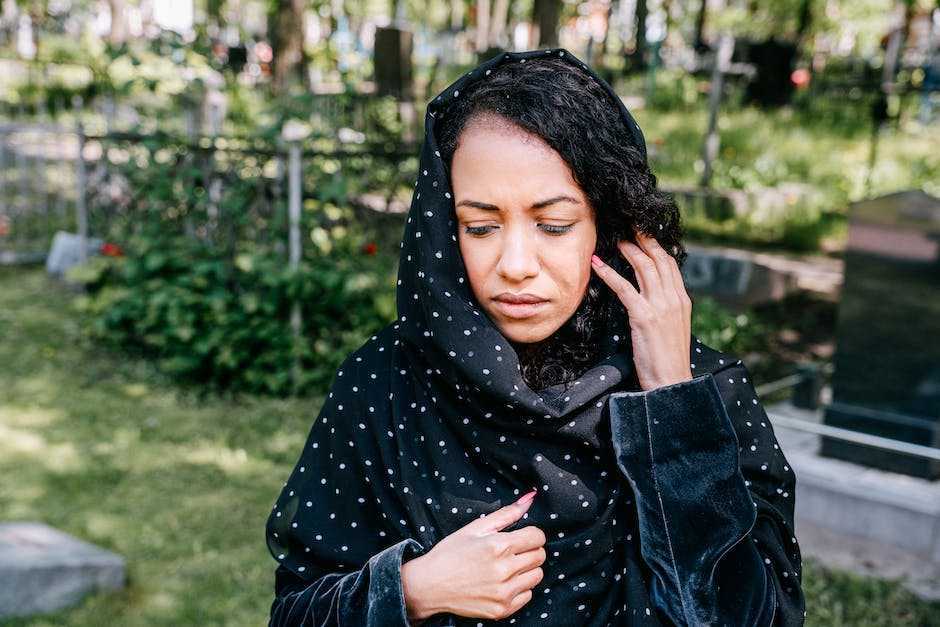
Contents
What is Alopecia?
Alopecia is an autoimmune disorder that leads to hair loss. It most commonly affects the scalp, but it can also affect eyebrows, eyelashes, facial, and body hair. Alopecia can affect people at any age and of any gender.
The Psychological Impact of Alopecia
Hair loss due to Alopecia can have a significant psychological impact on those suffering from it. Hair loss can cause feelings of depression, anxiety, isolation, and even shame. It can also lead to decreased self-esteem, difficulty engaging in social activities, and difficulty forming intimate relationships.
How to Cope with Hair Loss and Improve Mental Health
Find Support
Having a support network is an essential part of coping with hair loss. Get support from family and friends or explore local face-to-face or online support groups. Participating in support groups is especially important, as they can provide an opportunity to connect with others who are experiencing similar feelings and issues.
Self-Care
Taking care of your physical and mental wellbeing is essential in managing the psychological impact of alopecia. Exercise, even moderate levels of physical activity, can help improve your mood and is an important part of managing depression and anxiety. Make sure to get enough sleep, eat a balanced diet, and try to find enjoyment in activities, even if it’s something as simple as reading a book.
Seek Professional Help
If your feelings of anxiety and depression become overwhelming, seek help from a mental health professional. They will be able to provide you with strategies on how to manage your emotions and provide additional support if needed.
Conclusion
Hair loss due to Alopecia can have a devastating psychological impact. But there are ways to cope with hair loss and improve mental health. Finding support, engaging in self-care activities, and seeking professional help are all ways to manage the psychological impact of Alopecia.
